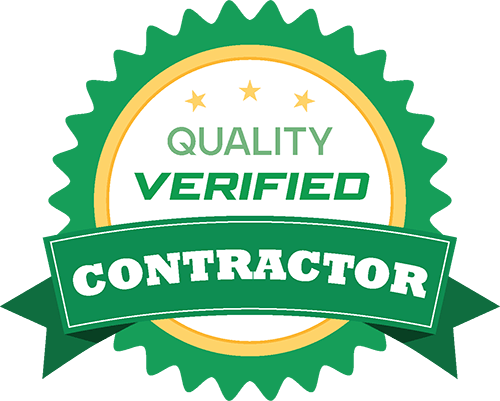Negotiation is a critical skill for contractor business owners. Whether you’re discussing project terms with clients, negotiating contracts with suppliers, or navigating agreements with subcontractors, mastering effective negotiation techniques can lead to favorable outcomes and strengthen your business relationships. In this blog post, we will explore essential negotiation techniques that contractor business owners can employ to achieve successful outcomes and maximize their business opportunities.
1. Prepare Thoroughly:
Effective negotiation begins with thorough preparation. Research and gather relevant information about the other party involved, including their needs, expectations, and industry standards. Know your own bottom line and be clear about your objectives and desired outcomes. Anticipate potential objections or points of contention and prepare compelling arguments and counteroffers. The more prepared you are, the more confident and successful you will be in your negotiations.
2. Active Listening:
Listening is a fundamental aspect of effective negotiation. Give your full attention to the other party and actively listen to their concerns, needs, and perspectives. By demonstrating genuine interest and understanding, you create a positive atmosphere and build rapport. Additionally, listening attentively allows you to identify common ground and find mutually beneficial solutions.
3. Establish Clear Objectives:
Before entering negotiations, define your objectives and prioritize them. Understand what you want to achieve from the negotiation process. It could be securing a fair price, establishing favorable terms, or finding compromises that benefit both parties. By setting clear objectives, you can maintain focus throughout the negotiation and avoid getting sidetracked or making hasty decisions.
4. Maintain a Win-Win Mindset:
Adopting a win-win mindset is crucial for successful negotiations. Instead of viewing negotiations as a zero-sum game where one party must lose for the other to win, aim for outcomes that benefit both sides. Look for opportunities to create value and find solutions that address the interests of all parties involved. This collaborative approach fosters positive relationships and sets the stage for future cooperation.
5. Emphasize Value and Benefits:
During negotiations, focus on highlighting the value and benefits of your proposals. Clearly articulate how your services or offerings can meet the other party’s needs, solve their problems, or provide added value. Show them the unique advantages of working with your contractor business and how it can contribute to their success. By emphasizing value, you can justify your positions and increase the chances of reaching a favorable agreement.
6. Remain Flexible and Open to Compromise:
Negotiations often involve give-and-take. Be open to compromise and flexible in finding solutions. Understand that concessions may be necessary to reach a mutually satisfactory agreement. Identify areas where you can be flexible without compromising your core interests. This approach demonstrates your willingness to collaborate and find common ground, which can lead to more fruitful negotiations.
7. Stay Calm and Professional:
Negotiations can sometimes become tense or emotional. It’s important to stay calm and professional throughout the process. Maintain a respectful tone, even when disagreements arise. Avoid personal attacks or confrontational language. By staying composed, you project confidence, build trust, and increase the likelihood of reaching a mutually beneficial outcome.
8. Use Objective Criteria:
When appropriate, rely on objective criteria or industry benchmarks to support your positions. This can include market rates, industry standards, project timelines, or quality benchmarks. By using objective criteria, you shift the focus away from personal opinions and establish a more rational basis for decision-making. This approach adds credibility to your arguments and enhances the likelihood of reaching a fair agreement.
9. Seek Win-Win Alternatives:
If reaching an agreement seems challenging, explore win-win alternatives that can satisfy both parties’ interests. Brainstorm creative solutions or alternative arrangements that address the core needs and concerns of all parties involved. This collaborative problem-solving approach can lead to innovative solutions and strengthen business relationships.
10. Follow-Up and Document Agreements:
Once an agreement is reached, it’s crucial to follow up and document the agreed-upon terms. Put everything in writing, including the scope of work, deliverables, timelines, payment terms, and any additional agreements. This ensures that both parties have a clear understanding of their obligations and minimizes the potential for misunderstandings or disputes down the line.
Conclusion:
Effective negotiation techniques are indispensable for contractor business owners. By preparing thoroughly, actively listening, establishing clear objectives, maintaining a win-win mindset, emphasizing value and benefits, remaining flexible, staying calm and professional, using objective criteria, seeking win-win alternatives, and following up with documented agreements, you can navigate negotiations successfully and foster strong business relationships. Mastering these negotiation skills will empower you to secure favorable outcomes, build trust, and position your contractor business for continued growth and success.
